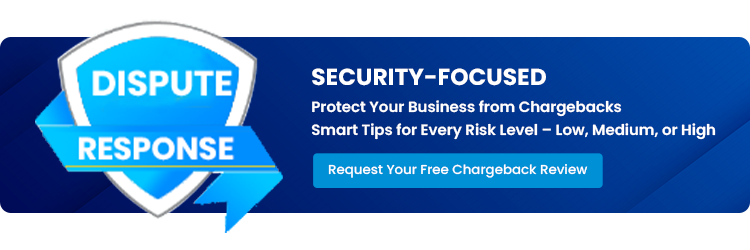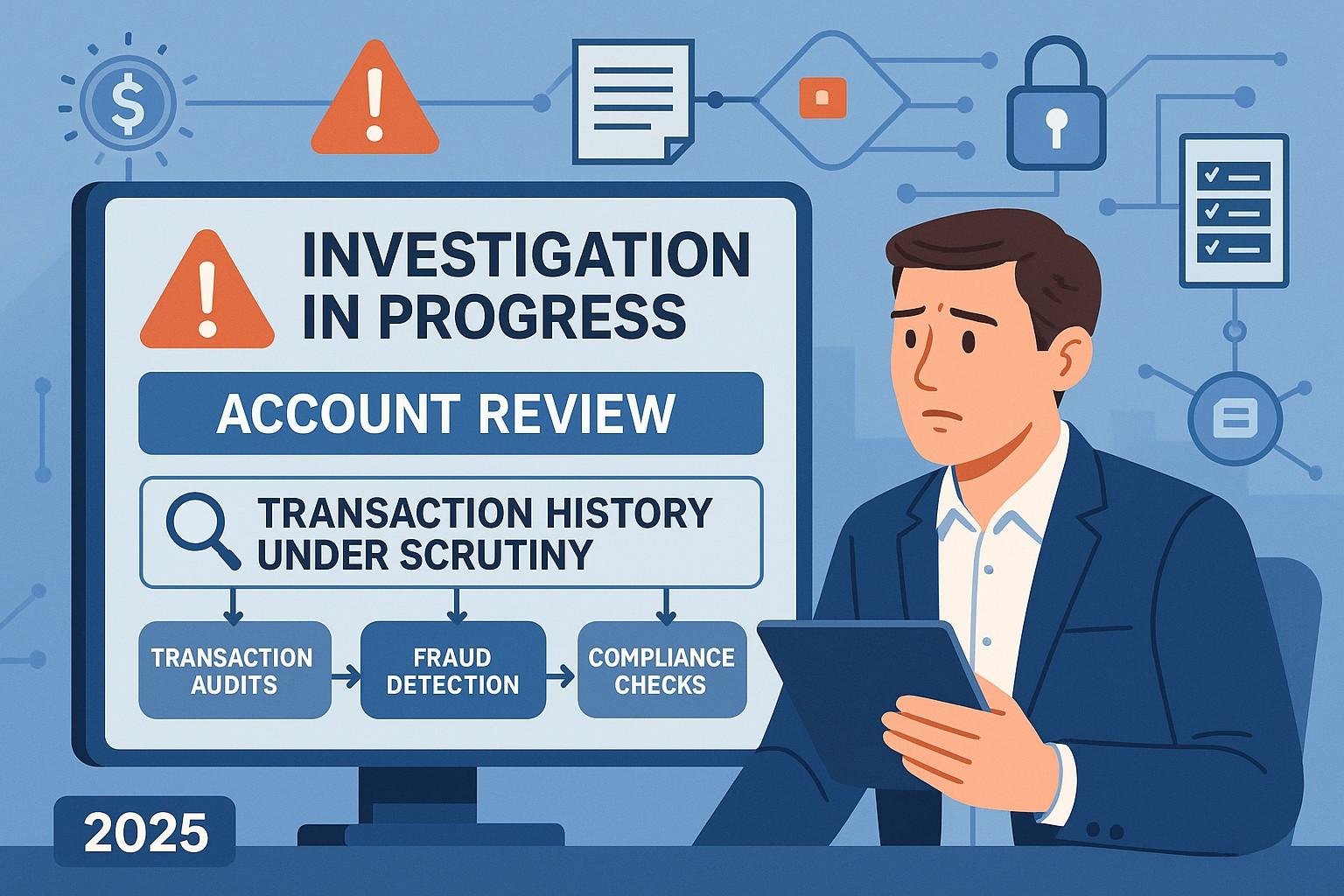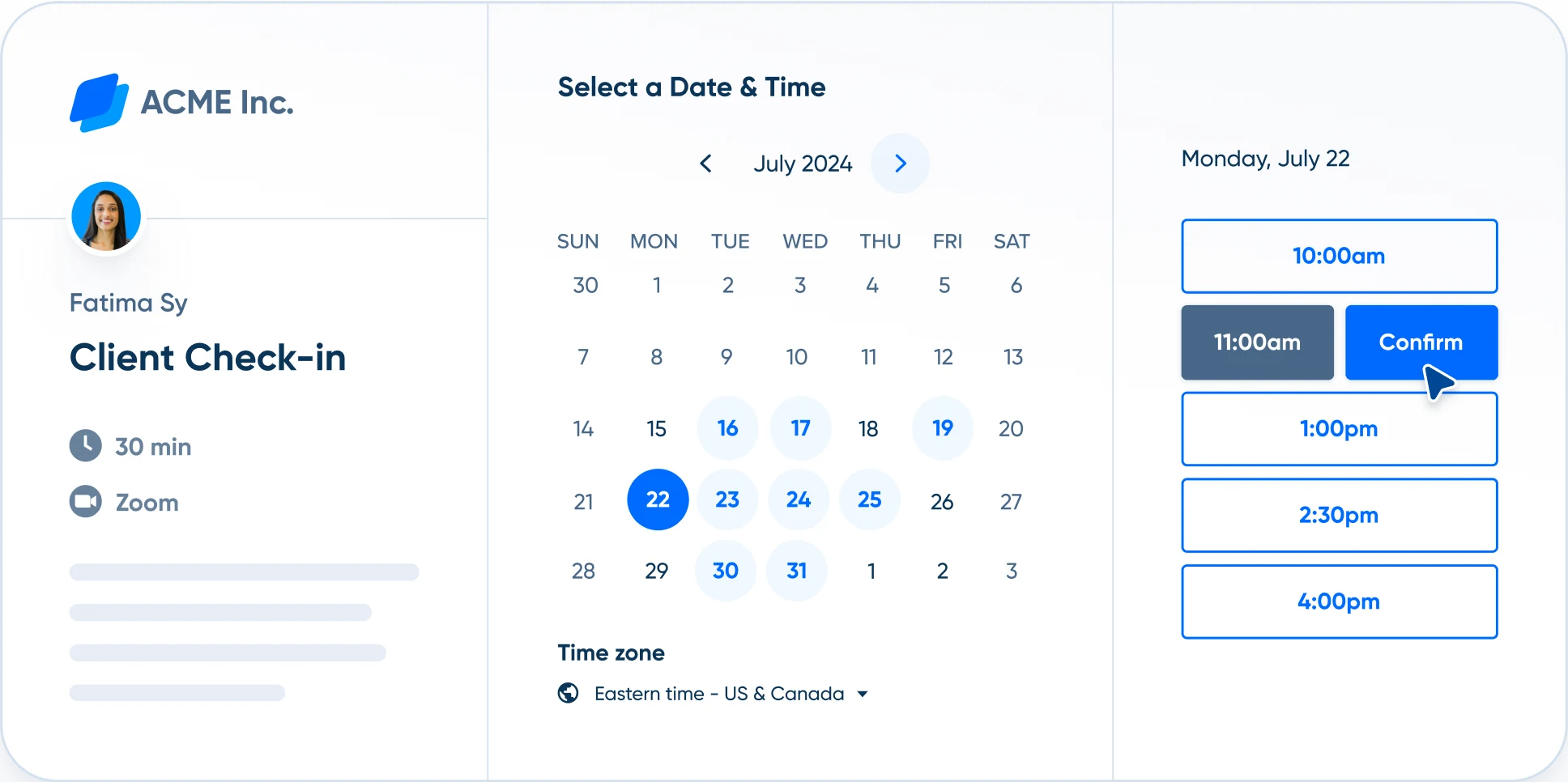Chargeback Management Services - Dispute Response Aug/ 20/ 2025 | 0
If you’re a business owner in the U.S., discovering that your bank account is under investigation can be both alarming and disruptive. With increased scrutiny from banks and regulators in 2025, it’s critical to understand the process, the potential reasons, and your legal rights.
This guide breaks down what happens when your account is flagged and how to navigate the situation strategically.
Why Bank Accounts Get Investigated in 2025
Banks in 2025 are subject to stricter compliance regulations under the Bank Secrecy Act (BSA), AML rules, and fraud monitoring protocols. Here’s why your business account might come under investigation:
🔍 Common Triggers for an Investigation
- Suspicious Transaction Patterns
Large, frequent, or foreign transactions may trigger AML (Anti-Money Laundering) flags. - Chargeback Spikes
An unusual rise in chargebacks may signal fraud or service delivery issues. - Mismatch of Business Activity
If your actual transactions don’t match your declared MCC or business type. - Linked Accounts Under Review
Your account may be associated with another flagged account through transfers. - Compliance Breaches
Missing KYC/AML documentation or failed updates.
What Happens During a Bank Account Investigation?
When your account is under investigation, the bank initiates a risk review. Here’s what you can expect:
🛑 1. Account Freezes or Holds
Funds may be temporarily frozen to prevent further risk during the review period.
📄 2. Request for Documentation
You may receive an urgent request for business licenses, invoices, contracts, bank statements, or tax IDs.
📞 3. Communication With Risk Teams
Banks will reach out via compliance or risk departments. Respond professionally and promptly.
⏳ 4. Review Period (Typically 10–30 Days)
The bank will assess whether your activity aligns with your merchant profile and legal standards.
✅ 5. Possible Outcomes
- Account Reinstated: If your documentation and activity are clear.
- Extended Hold: If further investigation is needed.
- Account Closure: If risk or fraud is confirmed.
How to Respond Effectively
📌 Be Proactive, Not Defensive
Avoid reacting emotionally. Gather all documentation and communicate clearly.
📑 Submit Complete & Accurate Documents
Include everything requested: ID proofs, business registration, client contracts, and proof of funds.
👥 Consult a Chargeback or Compliance Expert
Working with professionals like Dispute Response can accelerate resolution and protect your processing capabilities.
How to Prevent Bank Account Investigations
Stay ahead of compliance issues with these steps:
- Maintain transparent records for all transactions.
- Monitor chargeback ratios using alerts and third-party platforms.
- Keep KYC/AML documentation updated with your bank or processor.
- Review your MCC to ensure it matches your business activities.
- Use a chargeback management service to protect your merchant accounts.

Email us anytime!
Email customer service 24/7

Call us anytime!
Reach customer care 24/7 at +1 (888) 927-5152
Final Thoughts
A bank account investigation doesn’t have to end in account closure. Understanding the process and responding swiftly can protect your business from long-term financial damage.
If you’re currently facing a bank investigation or want to safeguard your business against one, Dispute Response can help.


